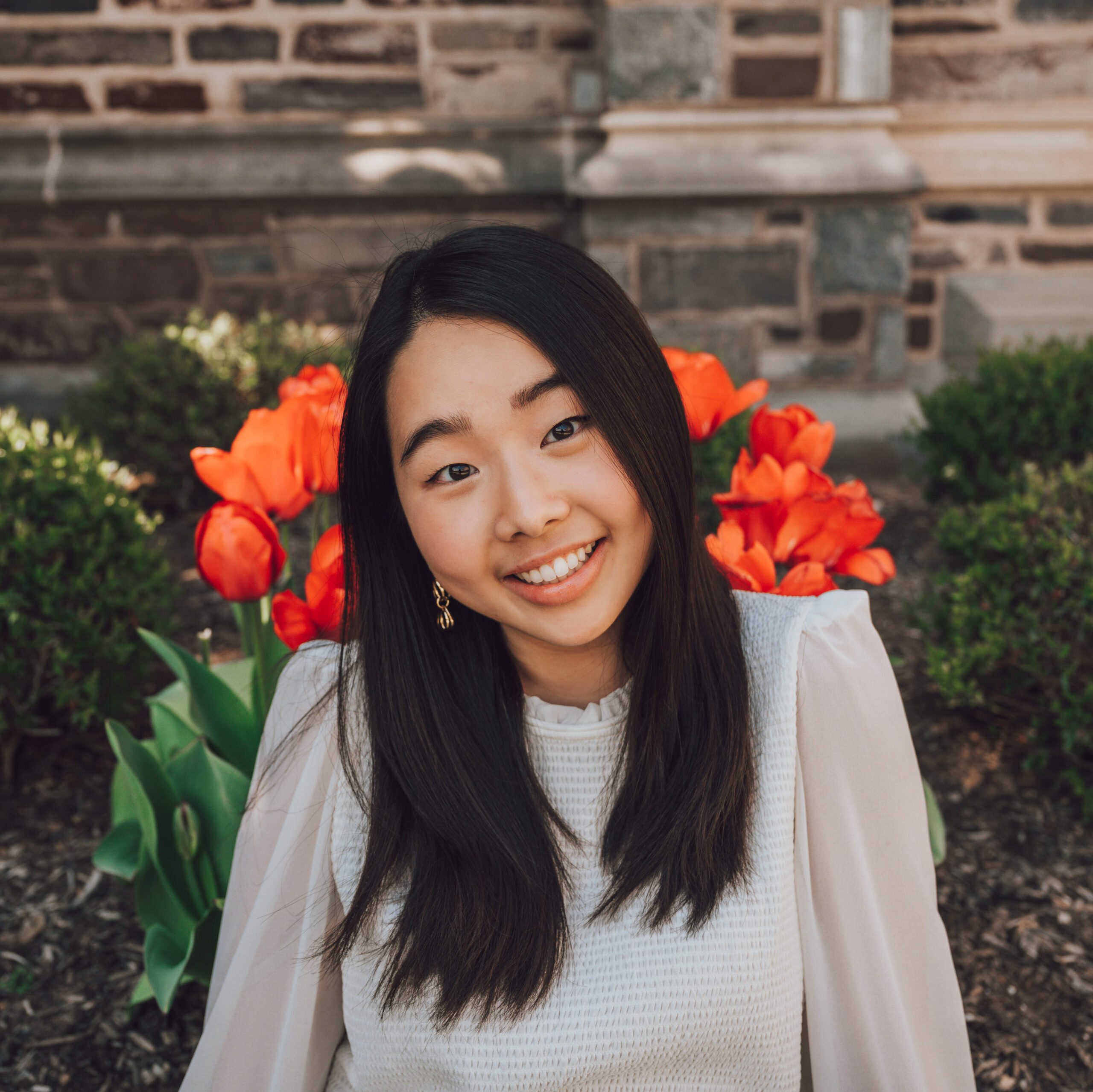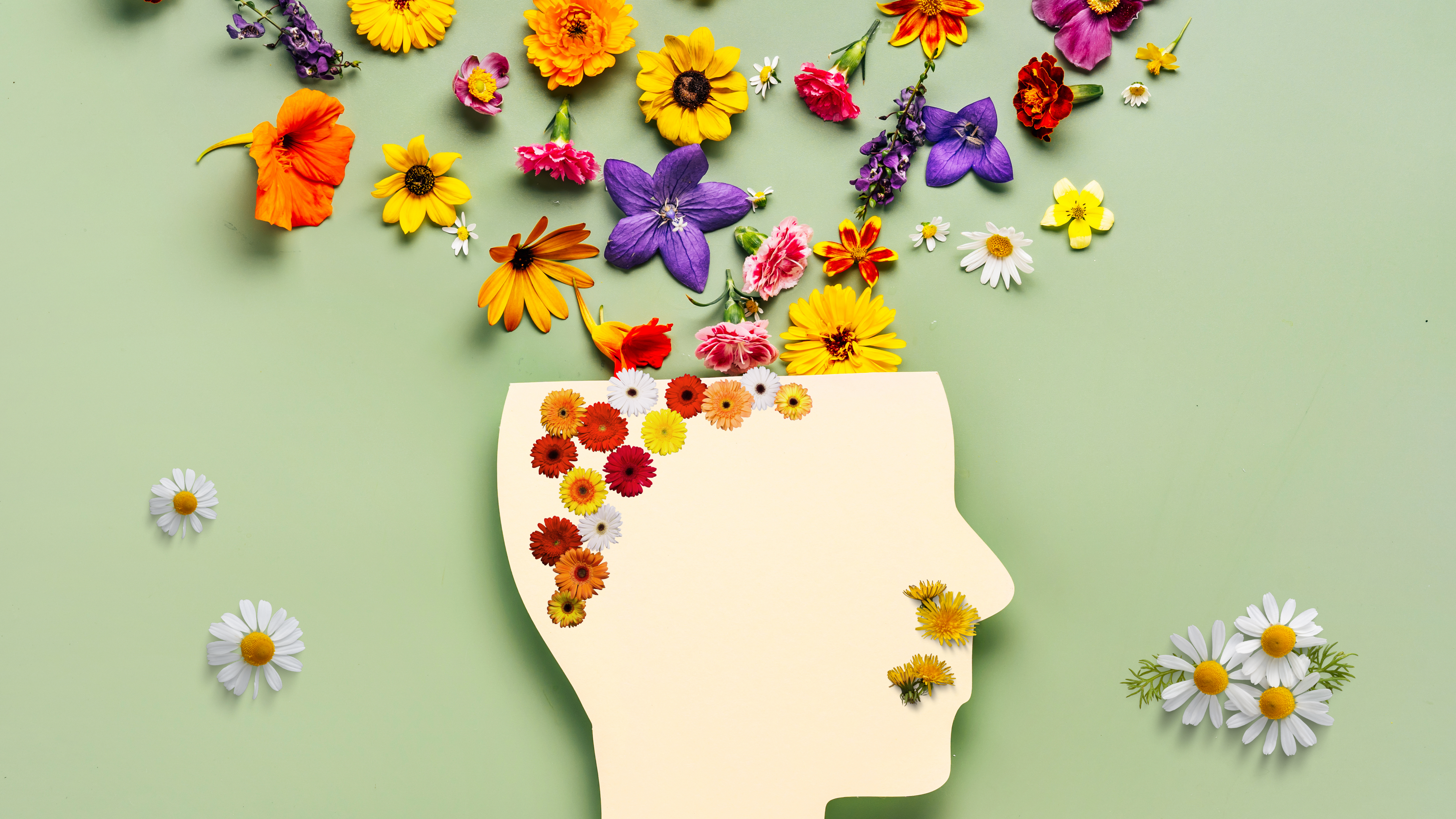One of the most significant barriers to addressing the mental health needs of disabled Americans is the deeply ingrained stigma surrounding mental health in our culture. Young adults these days are often taught to be strong, resilient, and self-sacrificing, which can lead to suppressing our feelings and needs. Breaking down this stigma requires a collective effort within our communities, particularly in the wake of a global (and mass disabling) pandemic.
On a personal note, being diagnosed with a chronic illness meant that I too faced new questions about what came next for my life: I dealt with constant pain, fear around an uncertain future, and the frustration of not being able to do things I once took for granted –– all contributing to my mental health struggles. Recognizing that these emotions are valid has been a pivotal step in my journey towards better mental health…no one should feel ashamed of seeking support or professional help on their mental health journeys.
Educating ourselves and our families about mental health is a crucial first step. We need to foster an environment where open conversations about mental health are not just accepted but encouraged. Support groups, both in-person and online, can provide a safe space for sharing experiences and coping strategies. To this end, Born This Way Foundation offers their flagship Be There Certificate: a free, digital, self-paced learning experience designed to increase mental health literacy and provide youth with the knowledge, skills, and confidence they need to safely support anyone who may be struggling with their mental health. Not only do we need to be inclusive in our understanding of mental health and disability, but we need to have disabled people be trained in mental health literacy as well.
Advocacy comes in all shapes and sizes, from participating in local disability rights organizations to sharing our stories on social media. Earlier this month, I was fortunate enough to speak with representatives of Princeton University’s Ida B. Wells Just Data Lab, who partnered with Chanika Svetvilas for their Anonymous Was The Data exhibition, which analyzed the mental health and healthcare needs of Asian American Pacific Islanders. It is of the utmost importance that we all critically think about how mental health and disability interact: from a visual standpoint, this exhibit was a reminder of how humans are able to beautifully express themselves, in all their lived experiences and personal truths, through a variety of mediums. After all, every step we take towards raising awareness and dismantling barriers is a step toward a more inclusive and supportive society.
I would be remiss not to acknowledge that while disability and mental health are intimately connected, they are not the same. Recognizing the nuances attached to any conversations around these topics is the first step in breaking the ice (and the stigma) around tackling mental health crises, while also maintaining an intersectional lens towards disability rights and justice. More than anything, compassion should be a fundamental premise from which we approach any attempt to understand disability and mental health. As Rachel Aviv writes in Strangers to Ourselves, “Mental illnesses are often seen as chronic and intractable forces that take over our lives, but I wonder how much the stories we tell about them, especially in the beginning, can shape their course.” Together, we can all reclaim the narrative around mental health and disability, all in our concerted effort to make the world a kinder and braver place.





















